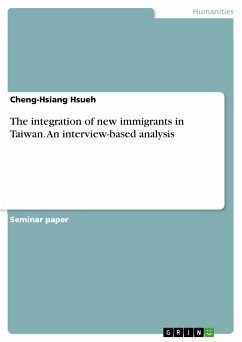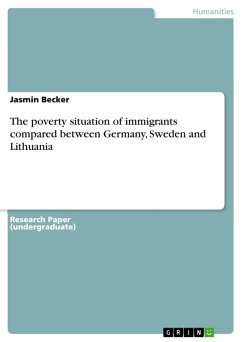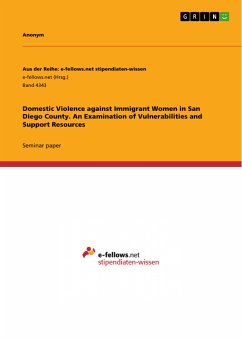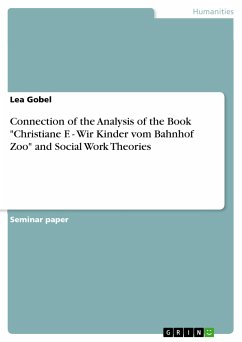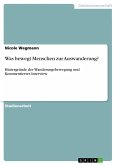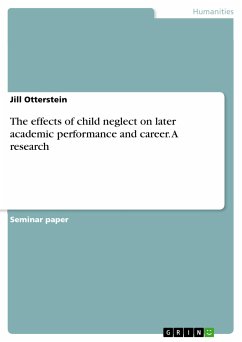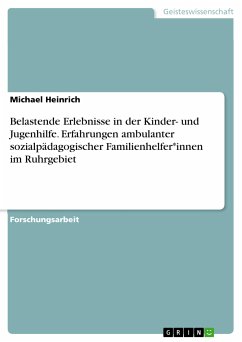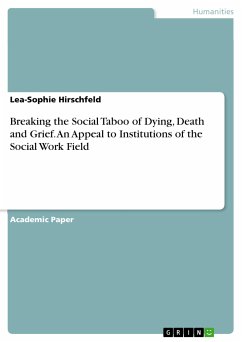Seminar paper from the year 2020 in the subject Social Work, grade: 2.0, University of Applied Sciences at Schweinfurt (Faculty of Applied Social Sciences: International Social Work with Refugees and Migrants (M. A.)), language: English, abstract: This research uses the Ethnography method to analyse the integration of the so called "mail order brides" based on interviews held with eight different Southeast Asian women. These women were four Vietnamese, one Chinese, one Malaysian, one Indonesian, and one woman from Myanmar who had lived in Taiwan for more than 20 years. The interviews about their experiences were conducted in their working place or at home. Furthermore, this research includes an observation conducted during the interview placing attention on how they react to the Taiwanese society. The observation and information from the interviews were summarized in a research diary which also included a self-reflection of the researcher. A focus is put on the marriage life of the New Inhabitant woman and their integration into the Taiwanese society. From the 1960s until the 1990s, Taiwan's government did not have extensive laws in place to protect these migrants. Private agencies abused this opportunity to profit excessively, without thinking of how the new life in Taiwan would be like for the "mail-order brides". In the beginning of the 1990s, the Taiwanese government started to put some policies into effect to tackle and limit this new phenomenon. The Taiwanese policy changed again in 2004 when the Deputy Minister of the Ministry of Education publicly denounced these transnational marriages as troublesome and urged the "foreign brides" to control their fertility, as their children's poor educational level would deteriorate the education level of the Taiwanese population.
Dieser Download kann aus rechtlichen Gründen nur mit Rechnungsadresse in A, B, BG, CY, CZ, D, DK, EW, E, FIN, F, GR, HR, H, IRL, I, LT, L, LR, M, NL, PL, P, R, S, SLO, SK ausgeliefert werden.

